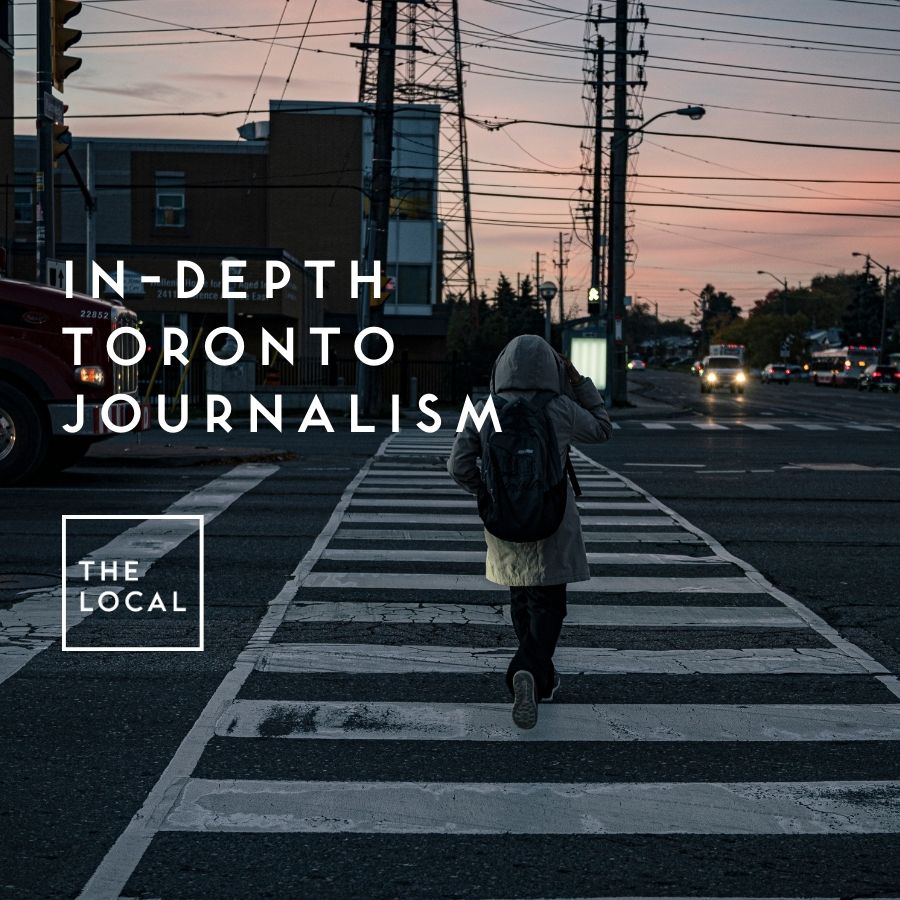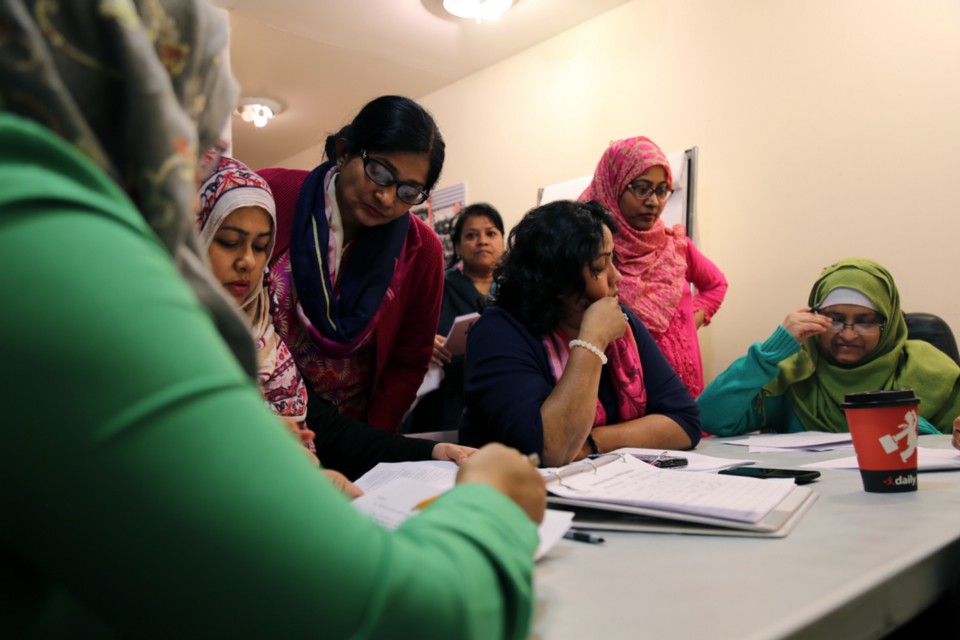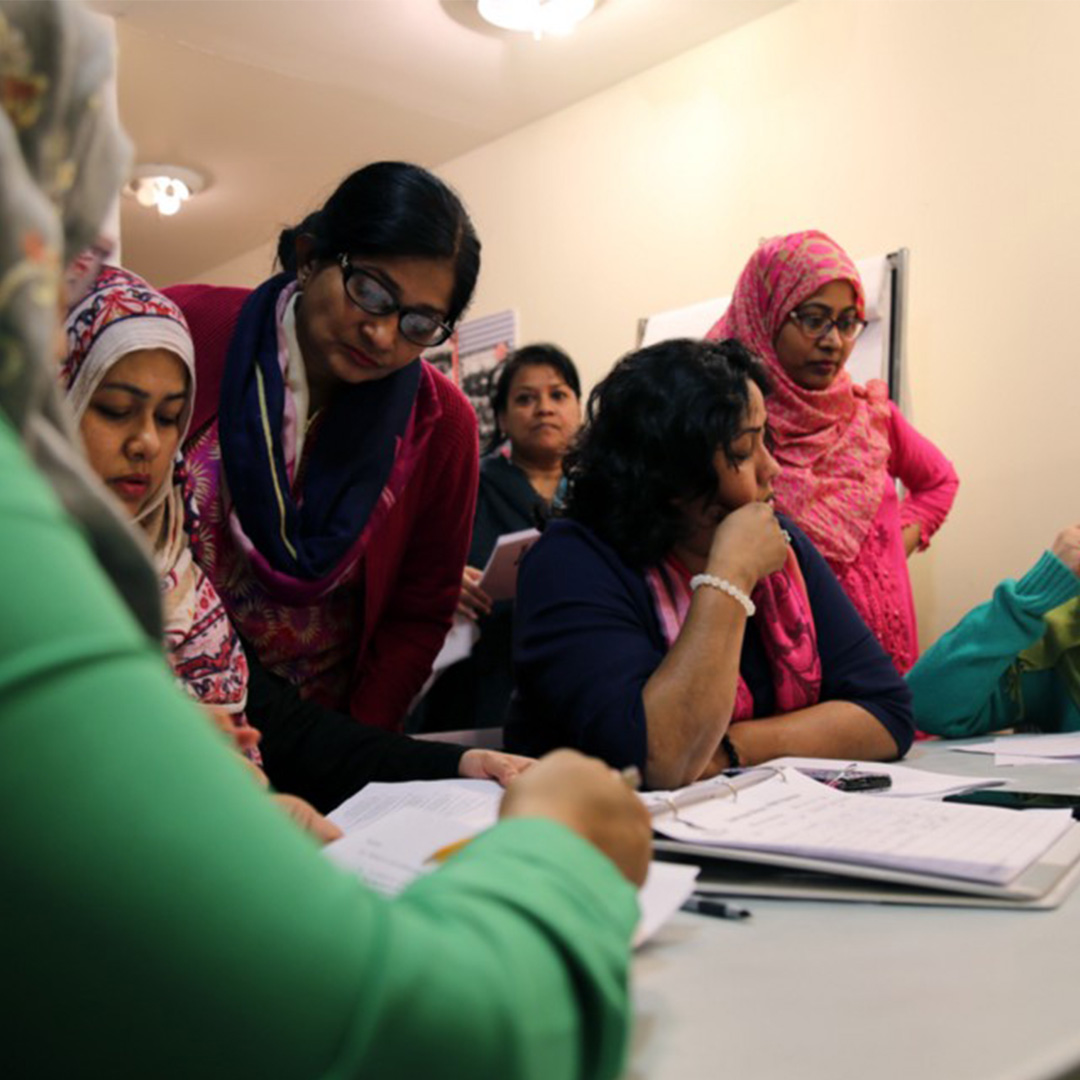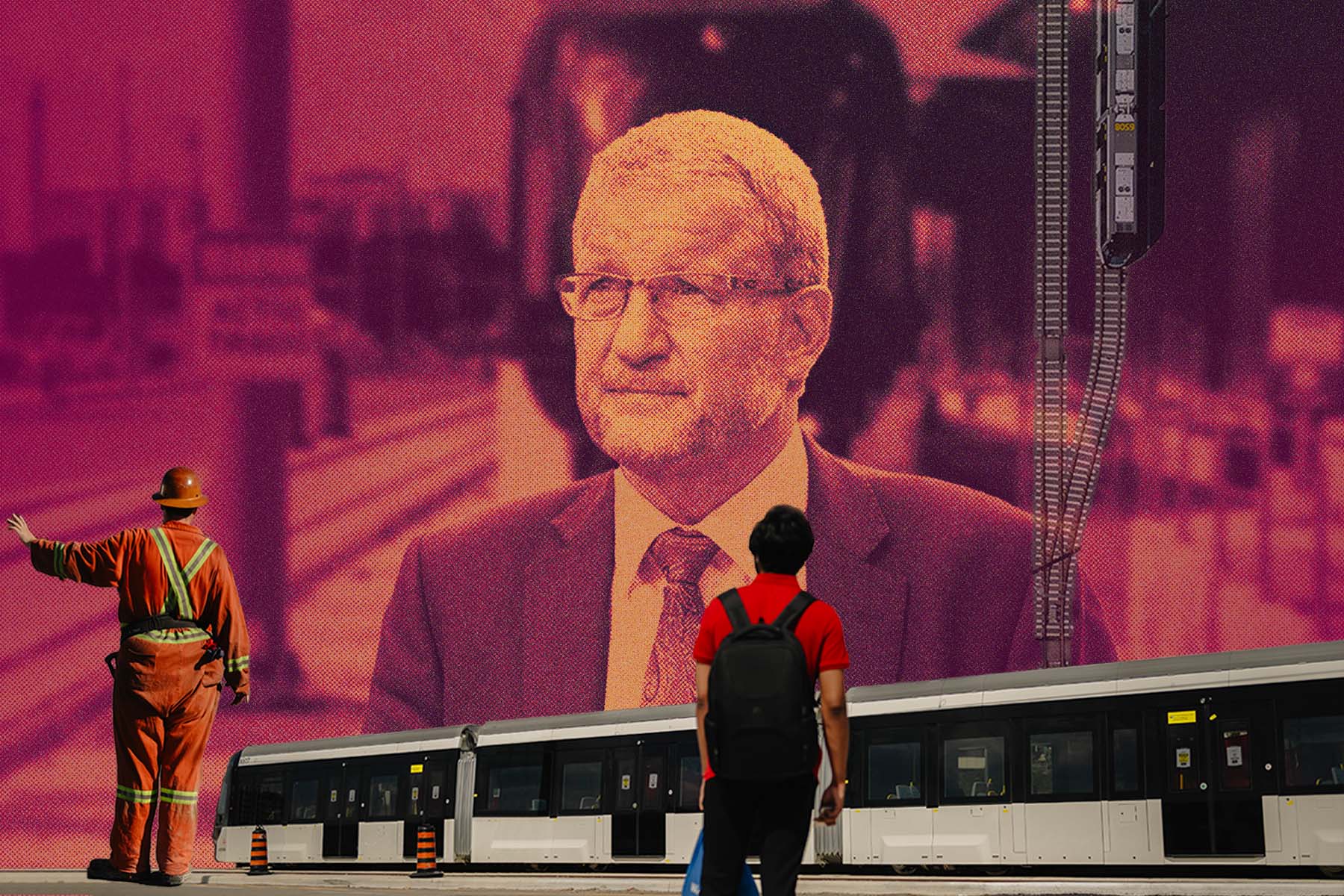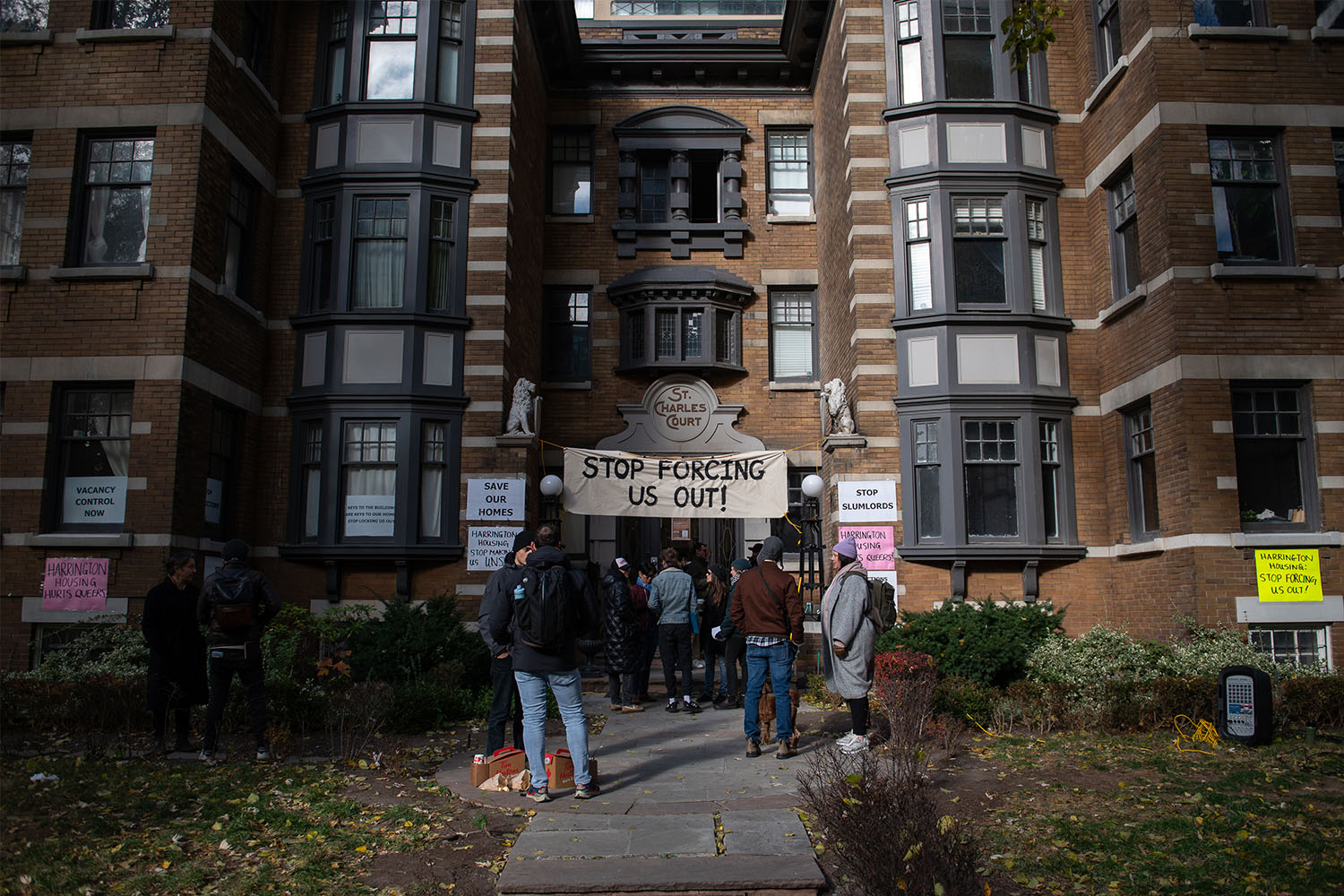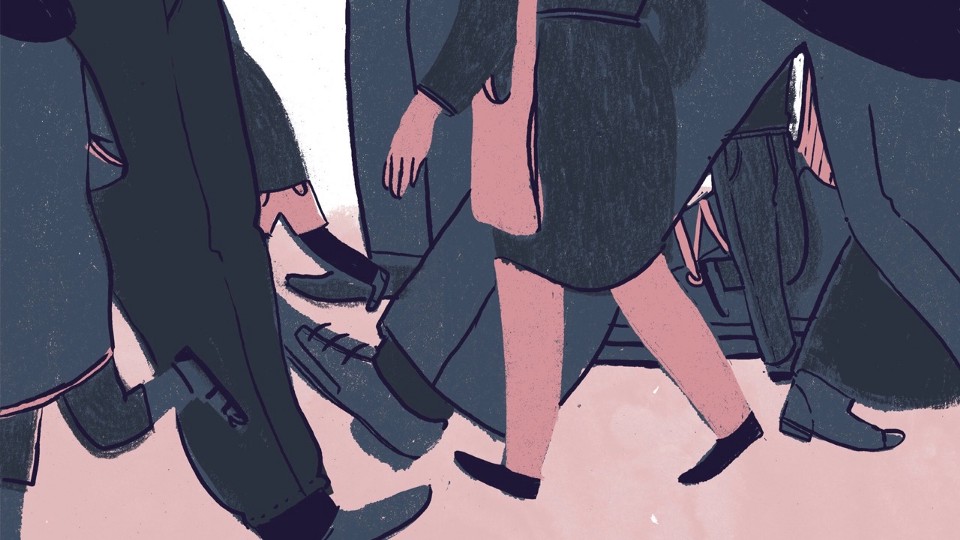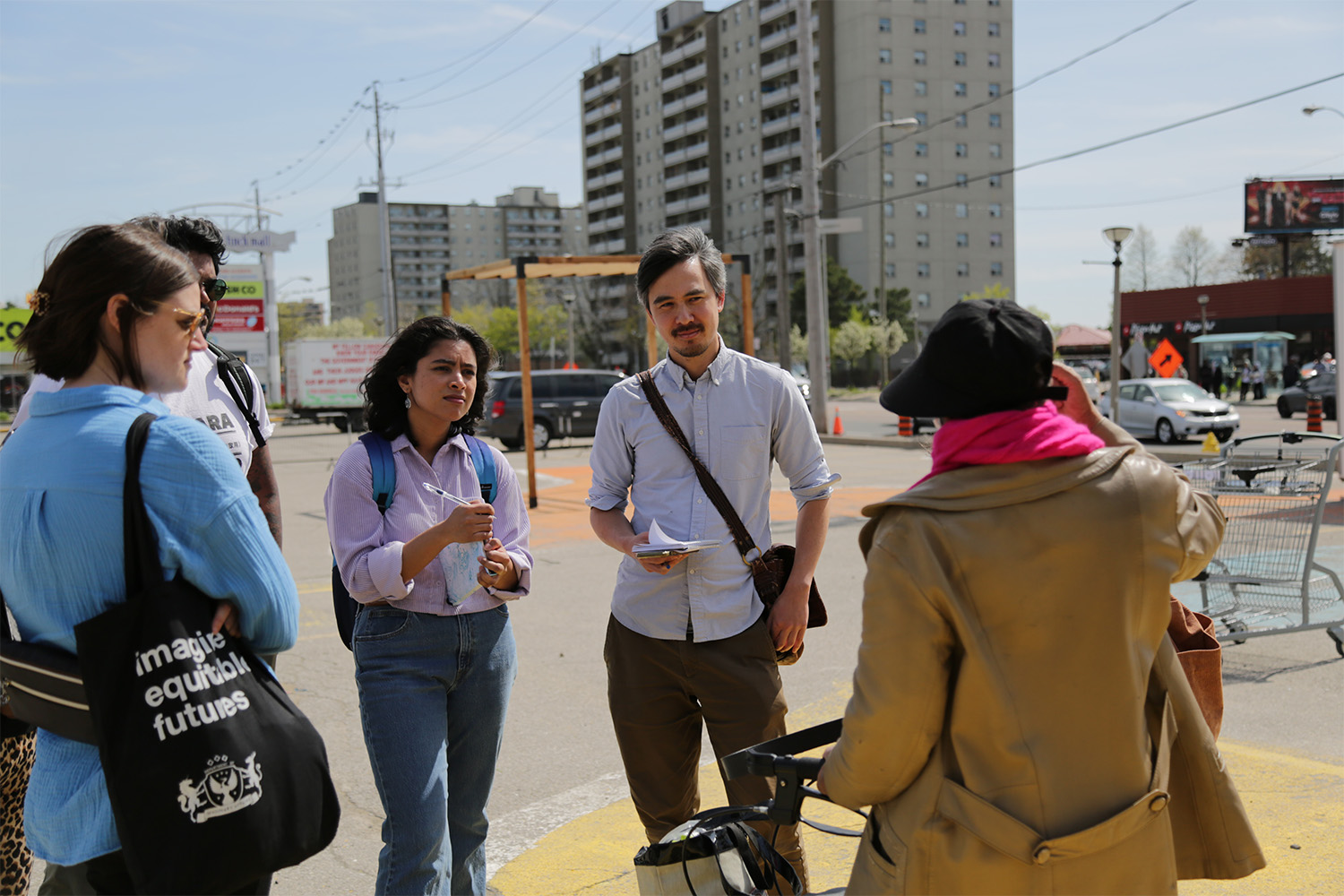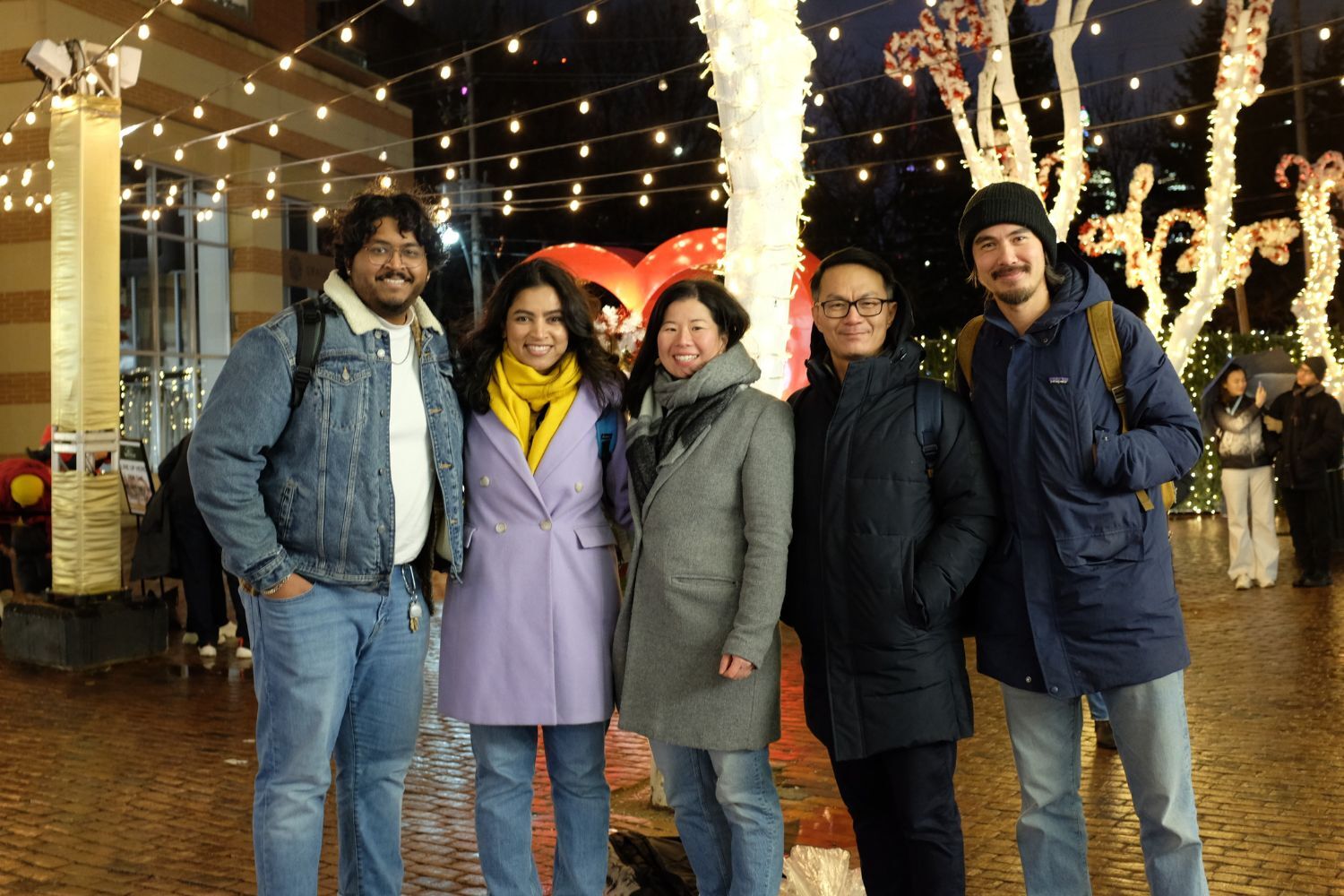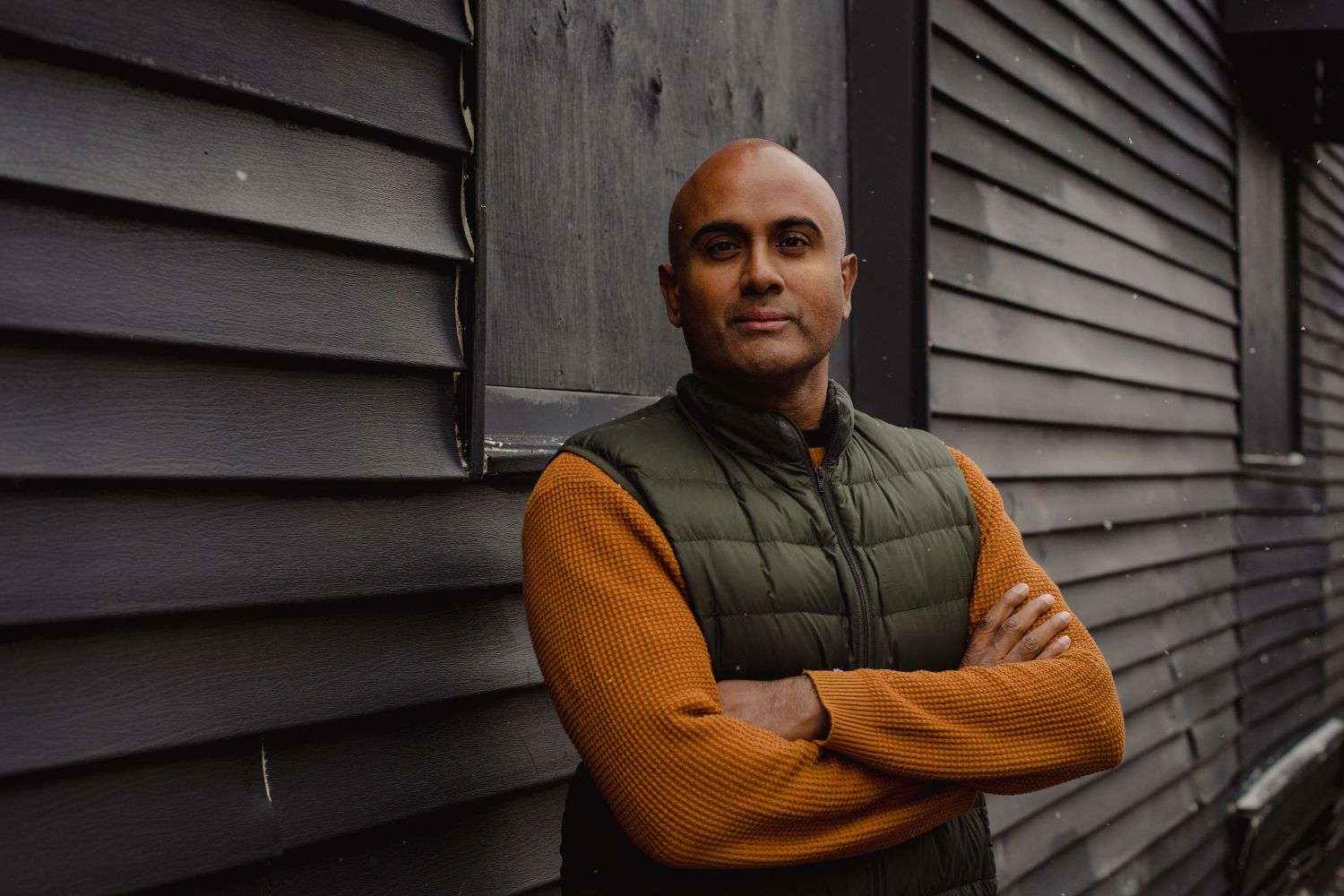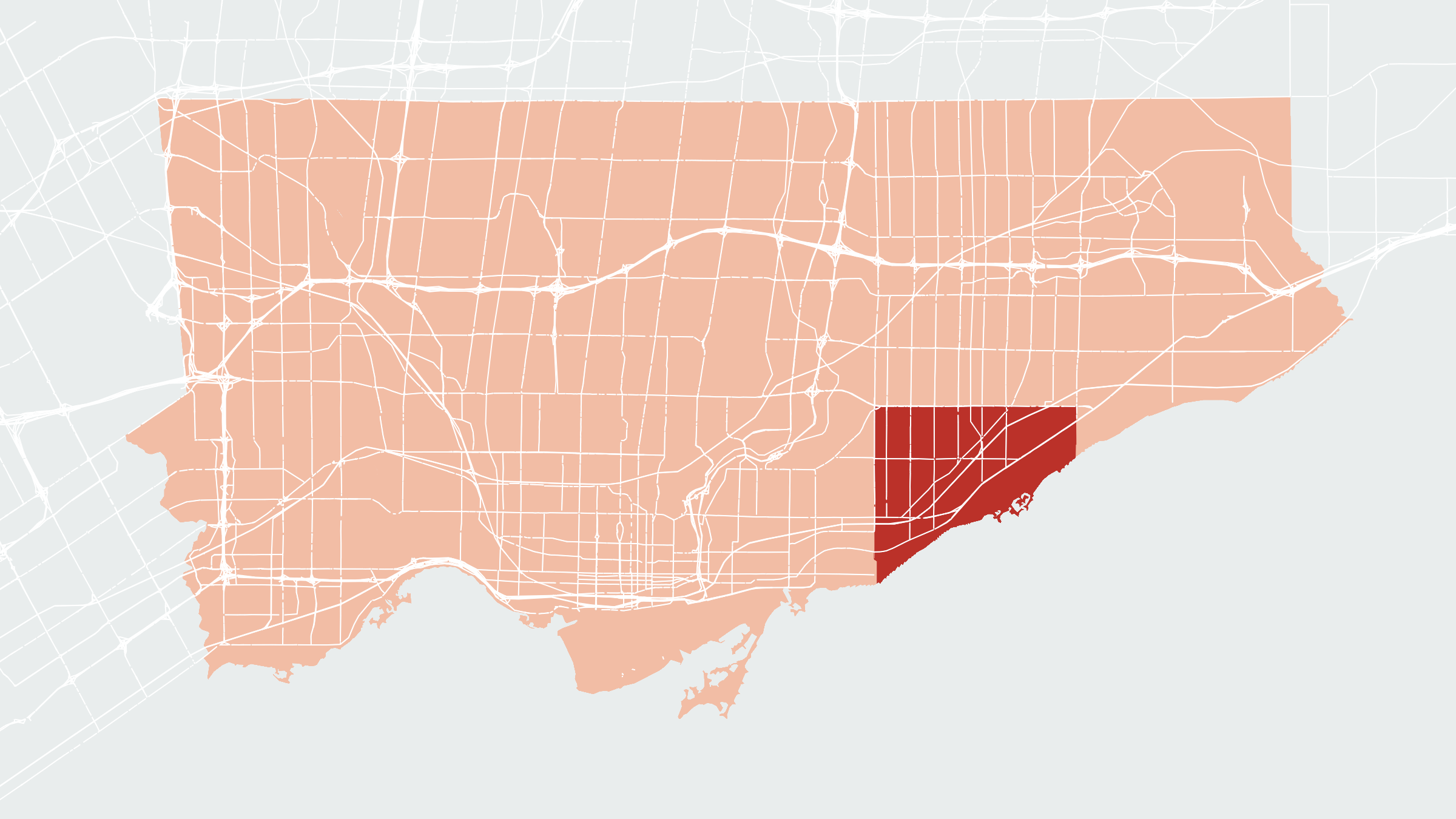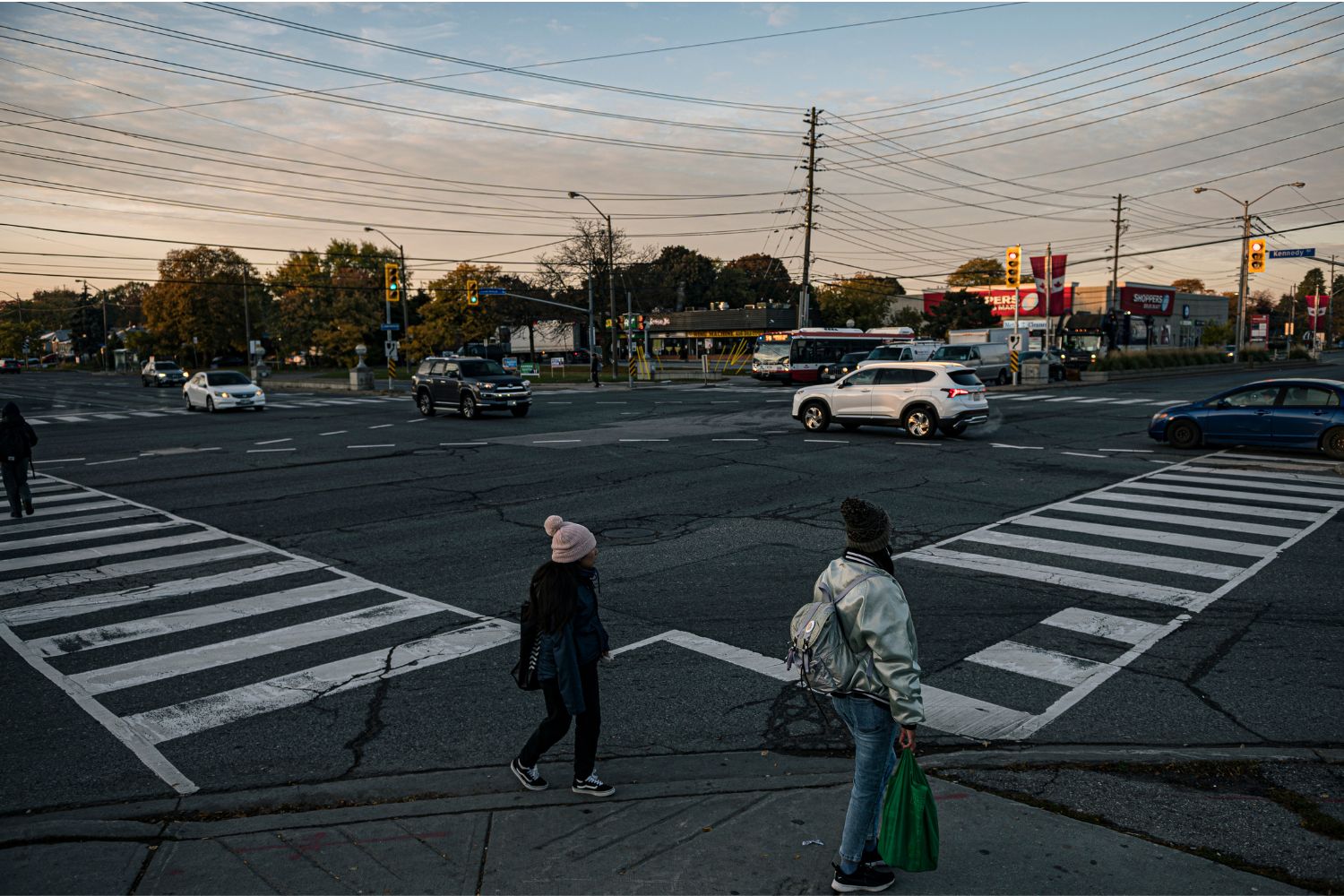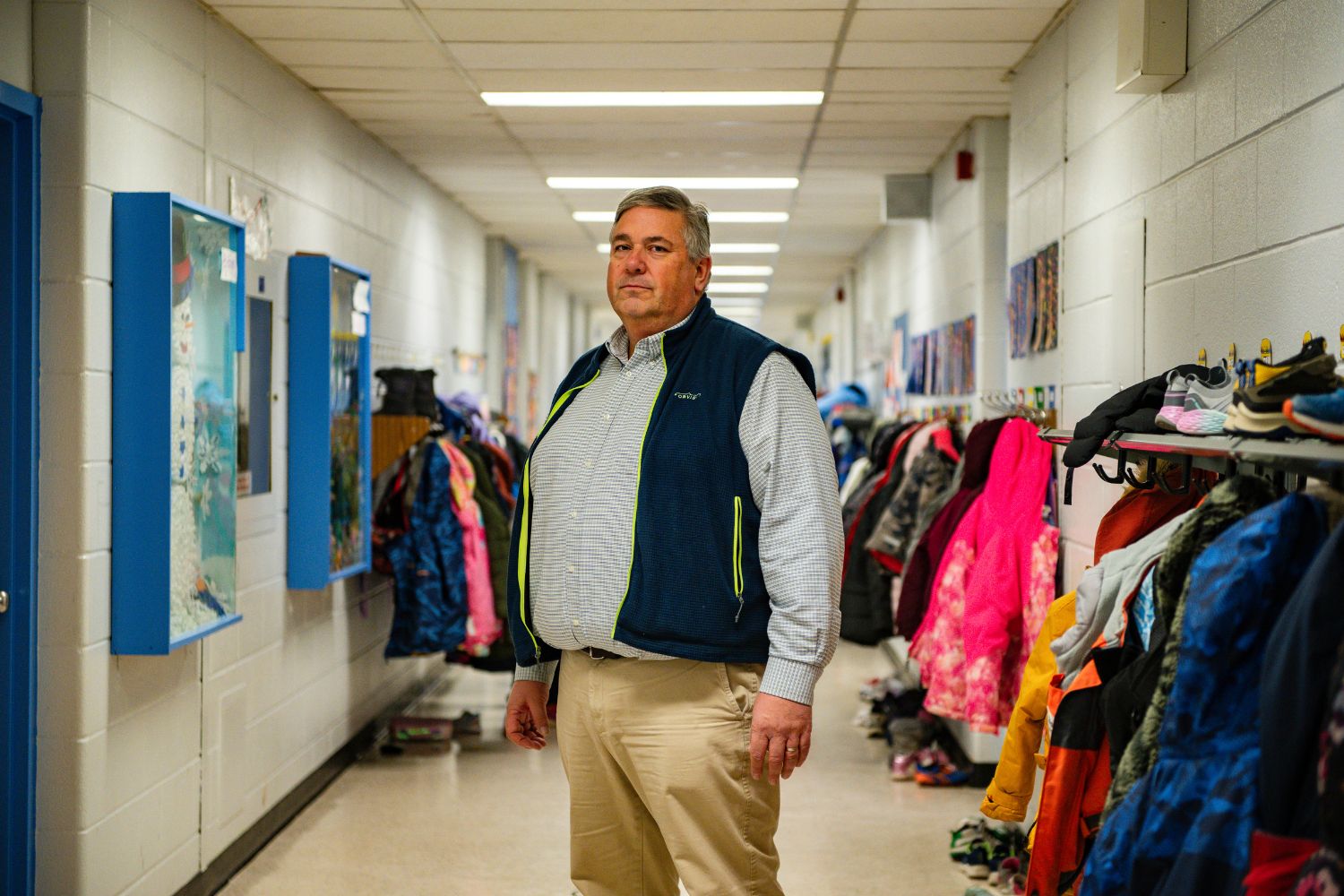In a small, ground floor apartment in one of the Toronto Community Housing buildings that collectively make up Teesdale, a group of South-Asian woman are talking about mental health. Specifically, they are talking about being immigrant women in the workforce, barriers to finding support, and the cultural context that is so often missed by outsiders working in their community.
The apartment is full — with volunteer workers coming and going, and a steady stream of children coming through the door. Started in 2007, the South-Asian Women’s Rights Organization (SAWRO) is a community-based, member-led organization that provides employment training to South Asian women. At least that’s what they say on paper. In reality, their goals are much bigger than that: they want to reduce poverty in their community by breaking the social isolation and economic exclusion that prevent immigrant women from finding success in Canada. It’s an example of the type of grassroots solution that tend to spring up when a system is unable to meet the needs of a community.
On a lean budget, SAWRO has pulled together a network of women to run a training hub which operates 12 hours a day and 6.5 days a week, closing only briefly on Sunday mornings. It offers employment skills, social support, and even help with child care if needed. Once someone becomes established, they return to SAWRO as a peer mentor, sharing their knowledge, experience, and workarounds with other women facing similar challenges. It’s cyclical and iterative, seeking to cause a chain reaction that will lift the whole community out of poverty.
Sitting at the intersection of Oakridge and Crescent Town in east Toronto — SAWRO’s neighbourhood has some of the highest rates of Emergency Department visits for mental health conditions in the City. It is also has one of the largest populations of new immigrants. The Local spoke to the women of SAWRO to learn about the link between mental health and employment in their community, and to hear about what their organization is trying to do about it.
These interviews have been edited for length and clarity.

Precarious work, discrimination and mental health
For immigrants, the experience of this country is really very harsh, starting with employment. Precarious work creates a risky situation for women to lose their mental balance. We have found that economic inclusion for women is the main way to empower them, to give them agency in their family, and in the community.
But it’s very hard for us to get a job. A lot of times we have personal issues, social issues, childcare issues — and especially our education is not recognized here. So all of these things create multiple, critical barriers for women. They get stuck at home and lose their confidence.
— Sultana Jahangir, Executive Director
Last year we helped 700 women get jobs, and I was so sad to see their experiences in the employment sector. They get treated like slaves. When a person starts to feel that they are nothing in the world, that’s when the mental health problems start.
— Sultana Jahangir, Executive Director
Families come to Canada and have aspirations that they’re going to lead a stable and healthy life. But the kind of jobs they can get are only low skilled jobs in manufacturing, customer support or food service work. You work 12 hour shifts, sometimes continuously, and then they won’t call you for days.
Most of the time they don’t even know your name. You’re just a number. Or if you’re wearing a white cap, you’re from the agency. And sometimes it’s ‘everyone wearing a white cap, please stand on the side. You’re laid off today’. We are basically disposable workers.
— Alisha Alam, Volunteer
Women as mental health buffers
Women are also the mental health buffers in the family — they’re absorbing the conflicts that the others are feeling.
So the husband wakes up and needs to go to work, no time to chat or anything. He goes to work and comes back frustrated: “Not enough money, not enough hours. Too much work. Rude supervisors.” So she needs to absorb that.
The kid comes back from school and talks about racism. Doesn’t understand the culture, doesn’t understand themselves. The kid is confused and mom needs to absorb that too.
Then there’s the neighbours: “Are you going through the same issues as us? Are you in poverty? When are you getting a house?” And the answer is never, because I’m going to live in poverty all my life.
And then she calls back home to her family to get comfort. But she can’t say anything, because for the older generation, culture is a big thing. You don’t ever talk about poverty here in Canada. It’s a developed country, so you cannot be in poverty.
So she is the one absorbing all the mental issues that the people around her are going through. And at the end of the day, she’s left with her thoughts and no one to talk to about them.
— Tabassum Rahim, Volunteer
‘A sisterhood ambiance’
In Bangladesh, we live with parents, grandparents, and mother-in-laws, so there are lots of supports for women. Here we are identified as a nuclear family, and we’ve lost that support.
So we created this organization to work as a sisterhood, with an ambiance of support. We established a network for woman to gather information from other women who work outside, who are coming out of poverty, and who can share their personal struggles.
It’s kind of like creating a vibration in the community — each person helping the other person. It’s really peer mentorship support.
— Sultana Jahangir, Executive Director
Barriers to seeking help
The barriers to seeking help for mental health are largely lack of information. Women don’t know that they need help. They don’t know they are sick. They don’t know the impact of mental health on physical health, on the family, or how it progresses.
Most of the people in this community do not even know what depression is or what the symptoms of depression are. They know they’re sad and feeling weak, and don’t want to go out. But they don’t know those are symptoms for something.
— Tabassum Rahim, Volunteer
We feel that a lot of organizations that work in health don’t understand the community. Mental health is a taboo issue for us, so it cannot be solved from the outside. Like I cannot be open about my personal problems with you — like how my husband treats me, how my children treat me — because you are unknown in my community. But I can be open with her, because she’s my sister. She has the same problems.
— Sultana Jahangir, Executive Director
Most health care services aren’t culturally catered, so we are not able to relay those resources to the community directly. We have to intervene, whether it be in translating for them or in requesting that the organization or program be culturally sensitive.
For example our females are not comfortable before males, and this community is predominantly male physicians. So we are using the community’s women, to serve the community’s women. And that’s really empowering.
— Tabassum Rahim, Volunteer
If you really want to address this mental health issue, talk to the community. The community has the solution. The solution is sitting down regularly in groups, talking in our own language, and sharing things.
We’ve got seven hundred women who are all feeling a warm reception from us, but we really need the resources to help us keep going. We don’t need more workshops. We have enough knowledge. We just need to see how we can work together, to share that knowledge.
— Sultana Jahangir, Executive Director
